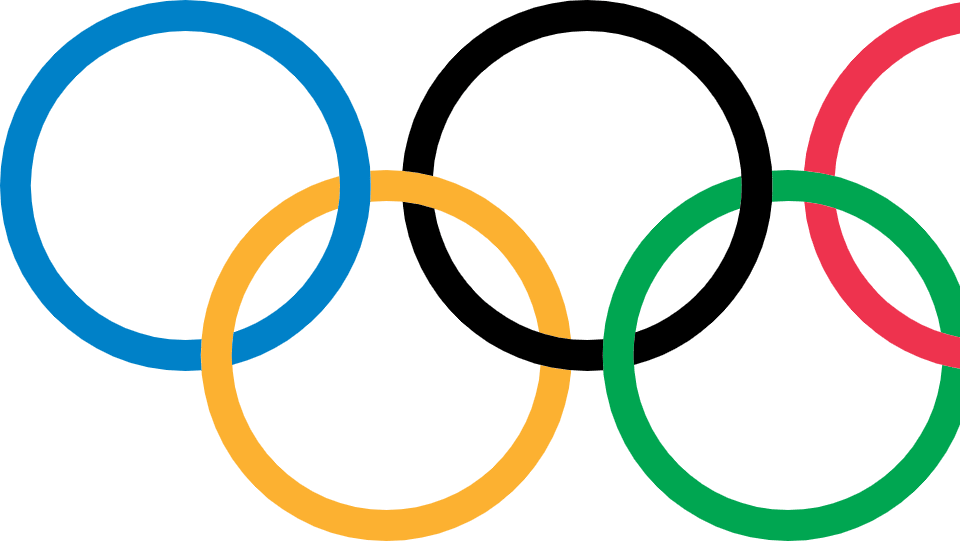Vénuste Niyongabo on how to become a legend in one's country
“I was pretty sure I would finish at least third in the 1,500m, but I didn’t want to do all that work just to get a bronze medal at the Olympic Games. I wanted to be in with a chance of winning gold – that’s how you become a legend in your country. And that’s why I decided to compete in the 5,000m,” says Vénuste Niyongabo, recalling his remarkable victory on the track in Atlanta’s Centennial Olympic Stadium.

On Saturday 3 August 1996, the Burundian athlete chose to remain in the pack for the majority of the Olympic 5,000m final. During the penultimate lap, he manoeuvred his way to the front, and as the bell sounded he put in a burst of acceleration that would prove decisive. Crossing the finish line in 13:07.96 ahead of Kenya’s Paul Bitok (13:08.16) and Morroco’s Khalid Boulami (13:08.37), he became his country’s first ever, and thus far only, Olympic medallist. Remarkably, it was only the third time that he had competed on the international stage over that distance.
Born in the village of Vugizo near Lake Tanganyika, Niyongabo initially made his mark over 800m and 1,500m. At the 1992 IAAF World Junior Championships in Seoul, he finished fourth in the 800m and second in the 1,500m. The following year, the young African took part in the senior IAAF World Championships, where he reached the semi-finals of the 1,500m. He would go on to become one of the top runners on the planet at that distance, winning the illustrious IAAF meet in Oslo in 1995 with a time of 3:30.78, the best in the world that year, and taking bronze behind Nourredine Morceli (ALG) and Hicham El Guerrouj (MAR) at the 1995 World Championships in Gothenburg (SWE).
In the run-up to the Atlanta 1996 Olympic Games, Niyongabo was generally regarded as one of the favourites for the 1,500m, but privately he viewed his chances of success as remote, given that the field included leading lights of the track such as Morceli, El Guerrouj, defending champion Fermin Cacho and the formidable Kenyan trio of Stephen Kipkorir, Lucas Rotich and Moses Tanui. He therefore opted to forego his favoured event, instead setting his sights on the 5,000m, in which he felt the possibility of success was higher. As he pulled away from his adversaries in the closing stages of the race, roared on by the 80,000-strong crowd, the astuteness of that decision became clear. “I chose to switch distances, and I achieved a memorable and historic victory for my country,” explains Niyongabo in our exclusive video.